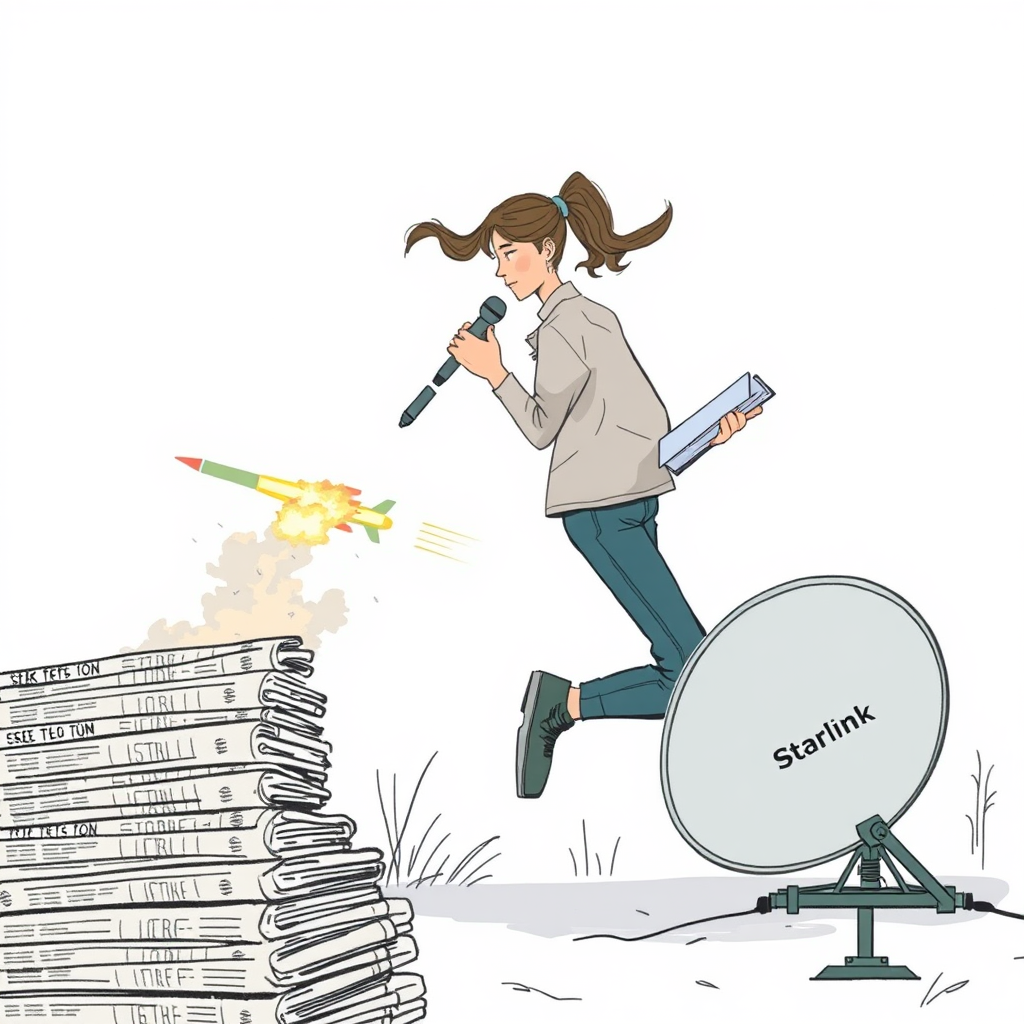Ukraine's Media Fights for Truth, Freedom, Survival.

Oksana Brovko, CEO of the Association of Independent Press Publishers of Ukraine, delivered a stark and deeply personal address upon receiving the 2025 Golden Pen of Freedom award, painting a harrowing picture of journalism under relentless attack in a nation at war. Her speech wasn’t a celebration, she emphasized, but a solemn acknowledgement of responsibility – a responsibility shared by all journalists worldwide.
Brovko began by connecting the present conflict to a historical tragedy within her own family – her great-grandmother’s desperate search for her husband, arrested and executed during the Soviet era. This personal narrative served as a chilling parallel to the contemporary plight of Ukrainians searching for loved ones lost in the current war, and specifically, the case of journalist Victoriya Roshchyna, brutally detained, tortured, and ultimately killed by Russian forces. “Nothing has changed,” Brovko stated, underscoring a cycle of oppression and violence that continues to grip Ukraine.
She described a media landscape transformed by war, where simply doing journalism is an act of survival. Newsrooms weren’t equipped with bulletproof vests for soldiers, but for reporters. Starlink wasn’t prioritized for military use, but to ensure the press could continue functioning. The association she leads has become a lifeline, evacuating newsrooms, securing essential supplies like paper, and fighting to keep independent voices from being silenced. The statistics are grim: 332 media outlets closed, 97 journalists killed – 12 while reporting – and over 30 media workers imprisoned.
Brovko powerfully contrasted the realities faced by journalists in Ukraine with those in safer environments. While colleagues in London report on museum openings, Ukrainian reporters run toward missile strikes. This disparity highlights the immense risk and dedication required to report from a war zone.
The speech wasn’t simply a recounting of hardship, but a call to action. Brovko argued that in an age of rampant disinformation and increasingly sophisticated manipulation, independent journalism is the last line of defense. She shared the story of Lyuba, a 20-year-old war reporter who removed her helmet to avoid attracting drone fire, a stark illustration of the daily dangers faced by Ukrainian journalists.
Brovko’s message resonated with a profound sense of urgency. She framed the conflict in Ukraine not as a localized crisis, but as a harbinger of challenges to come. “Today the war is in Ukraine. Tomorrow it could be in your country,” she warned.
Concluding with a quote from the Ukrainian national anthem – “We will lay down our body and soul for our freedom” – Brovko emphasized that her organization’s work isn’t about providing sustenance, but “food for the brain,” fostering a national mindset of freedom. Her speech was a powerful testament to the courage and resilience of Ukrainian journalists, and a stark reminder of the vital role independent media plays in safeguarding truth and liberty, even – and especially – in times of war. It’s a message that demands attention and action from the global community.